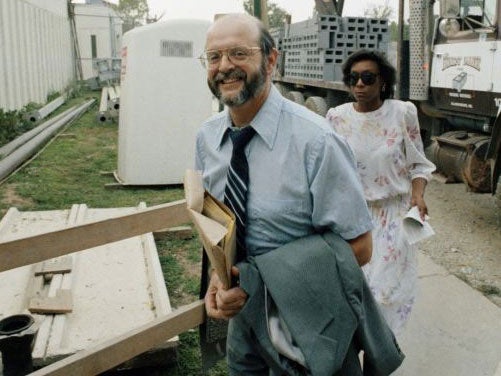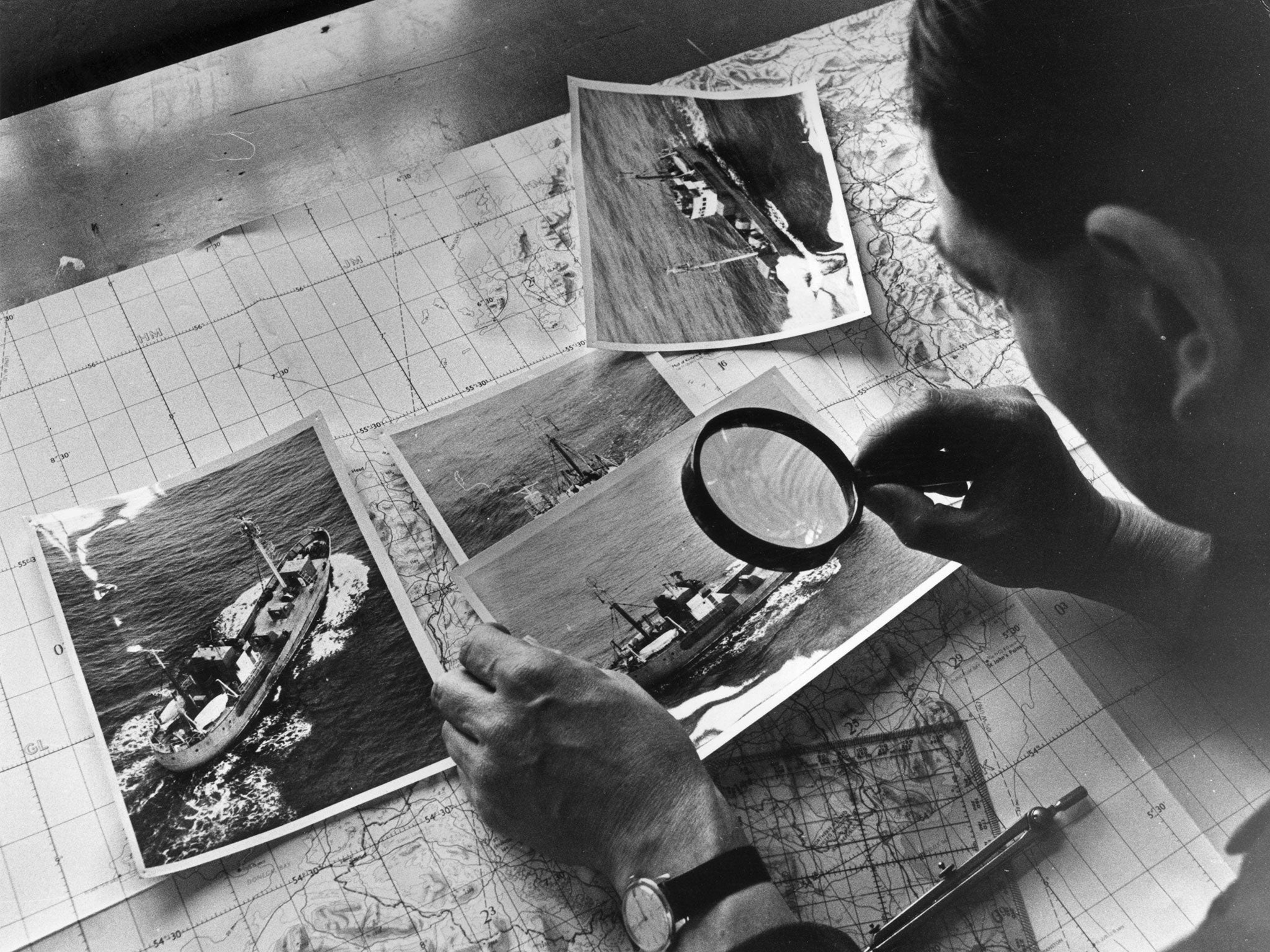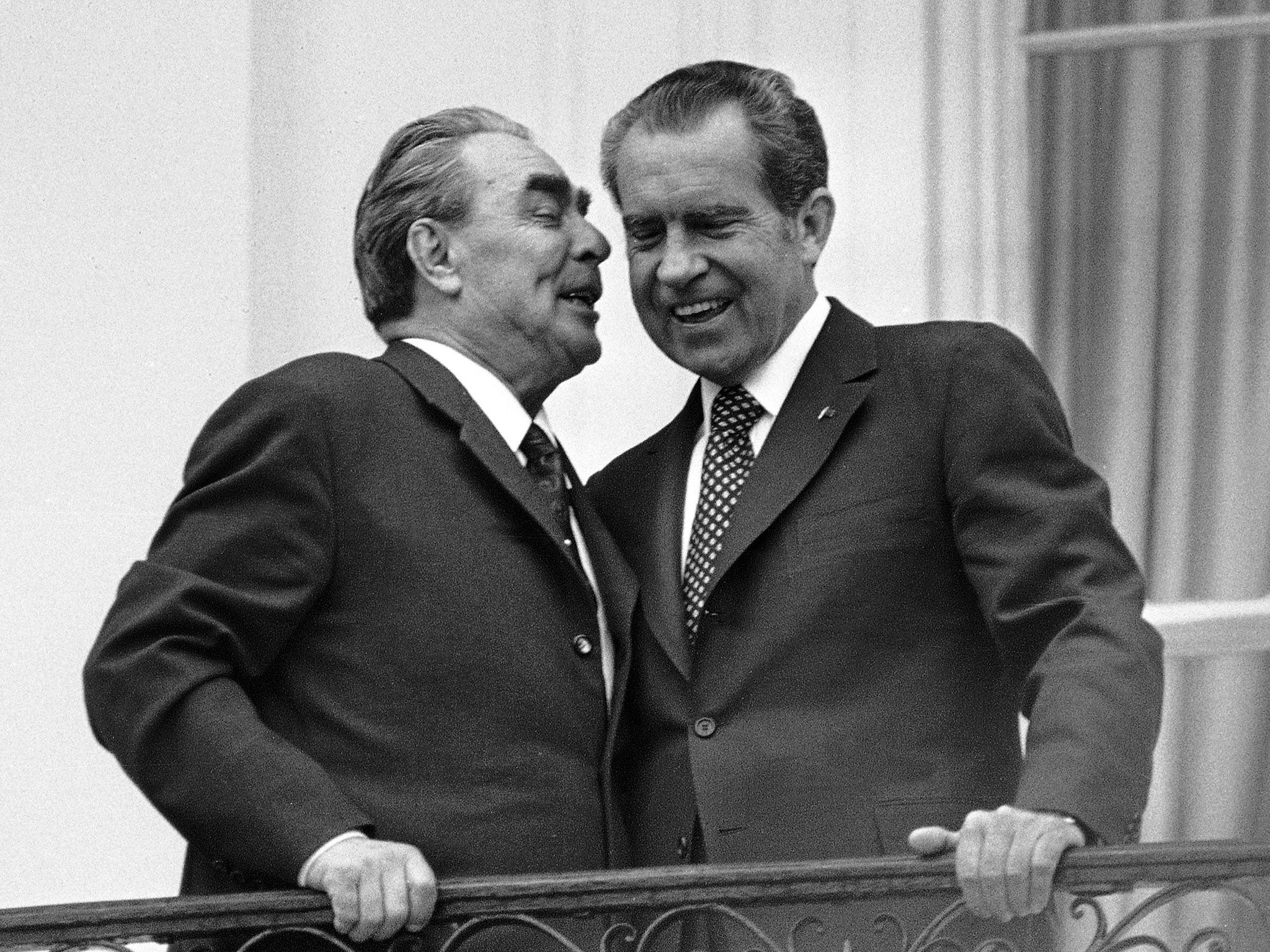American spy who led ring passing Soviets information for 17 years during Cold War dies in prison
John Walker used job in the Navy to gather data used to decode secrets

Your support helps us to tell the story
From reproductive rights to climate change to Big Tech, The Independent is on the ground when the story is developing. Whether it's investigating the financials of Elon Musk's pro-Trump PAC or producing our latest documentary, 'The A Word', which shines a light on the American women fighting for reproductive rights, we know how important it is to parse out the facts from the messaging.
At such a critical moment in US history, we need reporters on the ground. Your donation allows us to keep sending journalists to speak to both sides of the story.
The Independent is trusted by Americans across the entire political spectrum. And unlike many other quality news outlets, we choose not to lock Americans out of our reporting and analysis with paywalls. We believe quality journalism should be available to everyone, paid for by those who can afford it.
Your support makes all the difference.An American spy who led an espionage ring passing information to the Soviets during the Cold War has died in prison.
John Walker, a retired Navy Warrant Officer, died on Thursday at the Federal Medical Centre, a prison hospital, in North Carolina aged 77.
His cause of death was not immediately released but he had reportedly suffered from health issues including throat cancer in recent years.
Walker was sentenced to life in prison in 1985 after pleading guilty to passing secrets to the Soviets while working as a communications officer on a Navy ship.
The Russians used his information over 17 years to decode millions of secret US Navy messages to learn about the tactics the US planned to use against them.
The leaks were then considered among the largest and most devastating breaches of military security in US history.
The Naval officer’s spying career began in 1967, when he was based at a large US Naval Station in Norfolk, Virginia.

He went to the Soviet Embassy in Washington and volunteered to hand over secret coded material on a regular basis, according to court documents.
Working as a cryptologist, Walker used his high-level security clearance to provide Navy codes, ship locations, and other sensitive data in exchange for money.
He reportedly exchanged documents with the KGB by dropping them disguised as rubbish on a deserted road, then picking up a grocery bag stuffed with cash left elsewhere.
The hundreds of thousands of dollars he amassed were lavished on boats, luxury cars, houses and girlfriends.

After his retirement in 1976, he recruited his son, brother and a friend to continue the flow of fresh information to the Soviets.
All were eventually caught when his ex-wife tipped off the FBI after learning he had tried to draw in one of their daughters.
Following his arrest, prosecutors said Walker's “betrayal” of his country appeared motivated by greed rather than ideology.
He eventually pleaded guilty as part of a deal with to obtain a lighter sentence for his son, Michael Walker.
The Navy Seaman served 15 years in prison and was released in 2000.
His uncle Arthur Walker, a retired Navy lieutenant commander, died in the same prison hospital as his brother in July.
The fourth member of the spy ring, former Navy Chief Petty Officer Jerry Whitworth, is still serving his 365-year prison sentence after being convicted in 1986.
Additional reporting by AP
Join our commenting forum
Join thought-provoking conversations, follow other Independent readers and see their replies
Comments